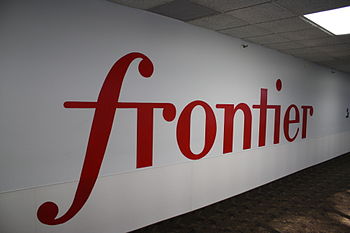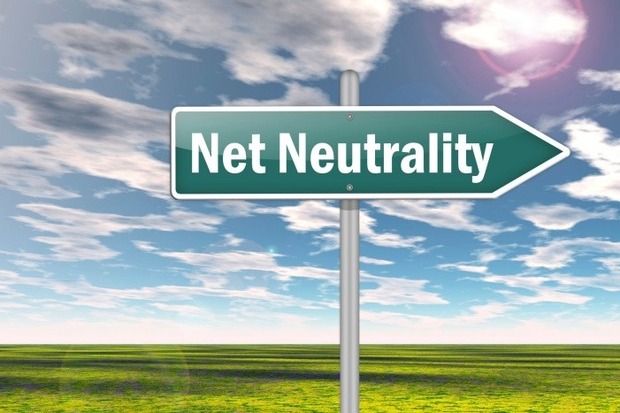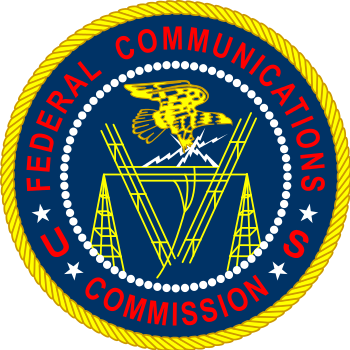
English: Frontier Communications logo at Frontier Building Rochester, New York (Photo credit: Wikipedia)
CenturyLink (NYSE: CTL), Frontier Communications and TDS, three telcos that have a long heritage of serving Tier 2 and Tier 3 markets, are taking diverging paths on what they think about the FCC‘s passing of new rules to reclassify broadband service under Title II of the 1934 Communications Act and Section 706 of the 1996 Telecommunications Act.
Serving as the third largest ILEC that serves a mix of both large metros down to rural markets, CenturyLink has taken a similar stance as its larger ILEC brothers AT&T (NYSE: T) and Verizon (NYSE: VZ), saying that the new order could have achieved its goals without a new source of regulation. Continue reading









